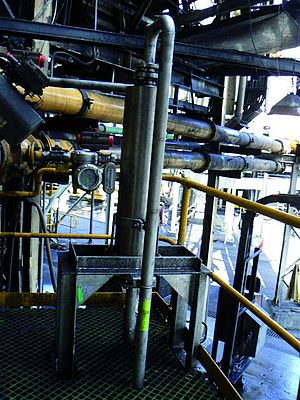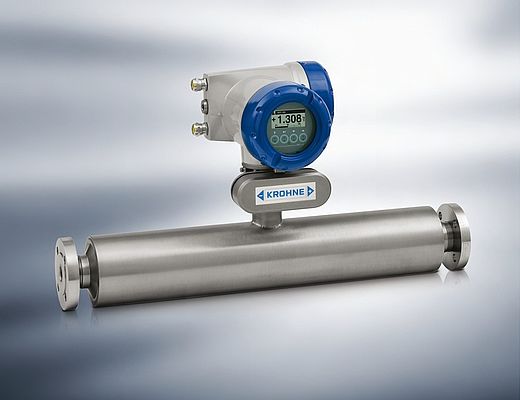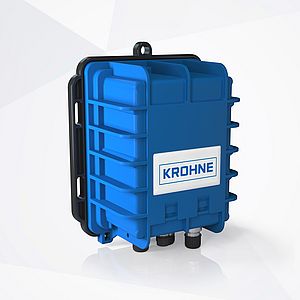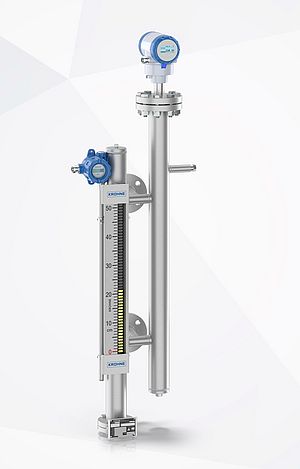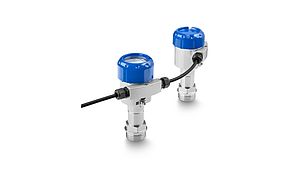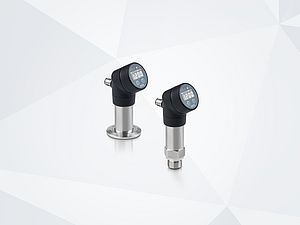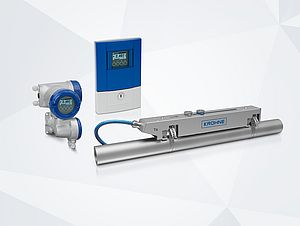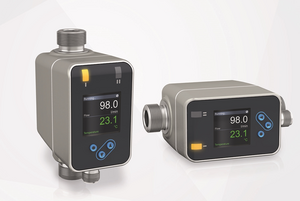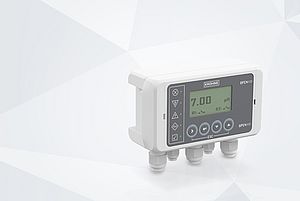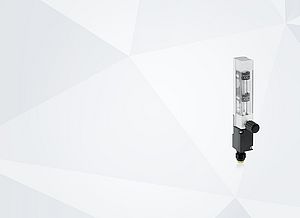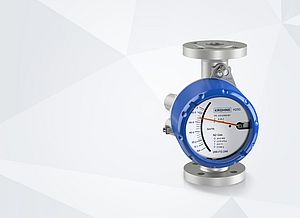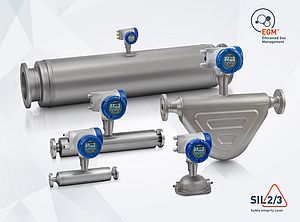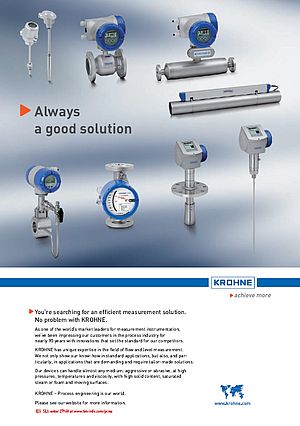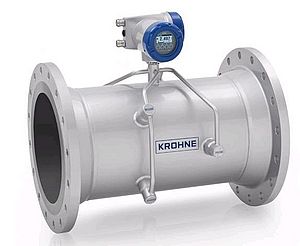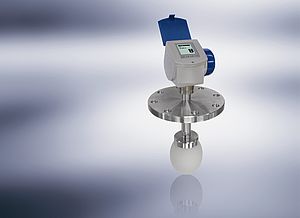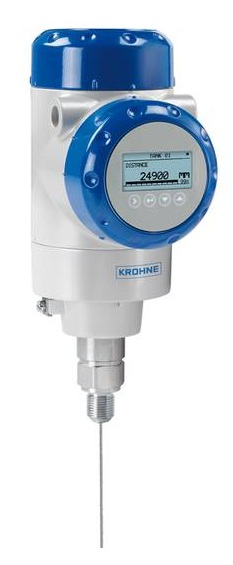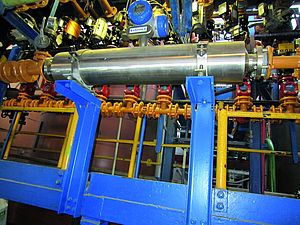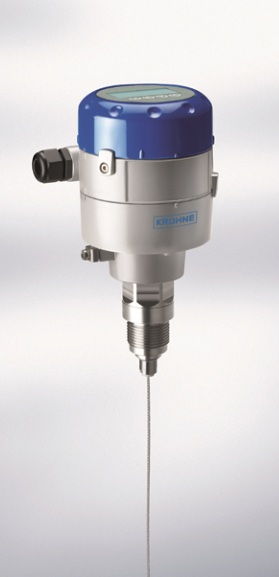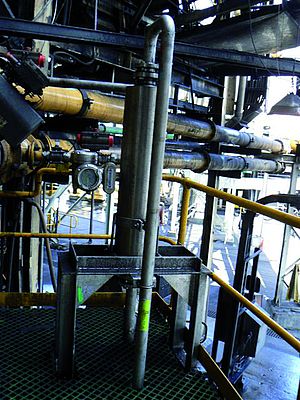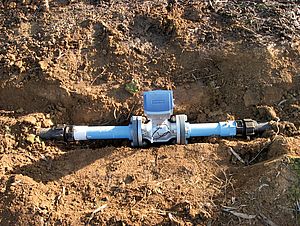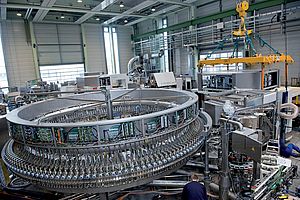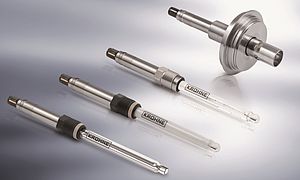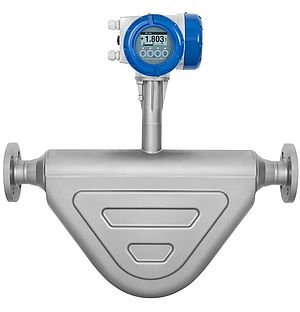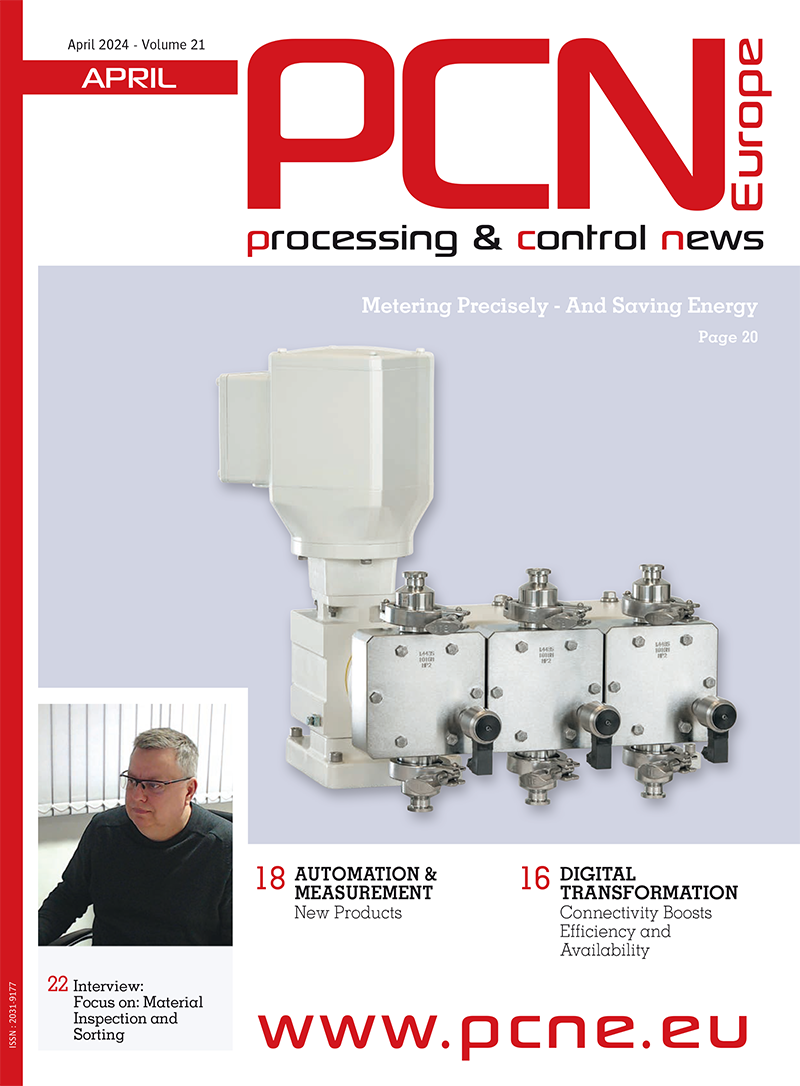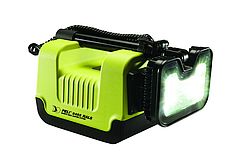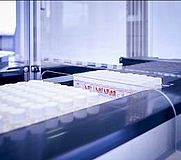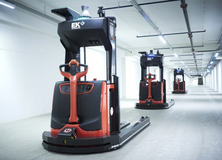Non-radiometric density reduces capital and operating costs, and environmental impact. Thickener underflow density measurement allows optimized tailings disposal schemes, minimized tailings areas and regulatory compliance
Located in Central Queensland is one of Australia largest and most established open cut coal mines. The adjacent coal handling and preparation plant has production capacity of greater than 10 million tonnes per annum of coking coal and at current rates of production, reserves that can support the operation for a further 50 years. Reliable thickener underflow density measurement allows this facility to optimise its tailings disposal schemes to recover water, minimise tailings impoundment areas and comply with regulations over the life of the facility.
Radiometric density measurement has traditionally been employed on thickener underflow lines as they provide a non-contact solution to the high solids, high abrasion environment present in minerals processing. However the high total cost and regulatory requirements of owning these radiometric devices is becoming prohibitive in a competitive, cost and labour intensive production environment. Aside from the initial purchase price, licensing, transportation of nuclear source, documentation and administrative controls, the radiometric devices require ongoing training of on-site radiation safety officers who can perform calibration, wipe tests and ensure regulatory compliance. Add to this decommissioning and disposal costs and one can see the driver for a robust, non-radiometric density solution.
Successfully applying non-radiometric density monitoring to the underflow line gives the engineers, operators, and plants information needed to optimize the thickener for the intended duty. Krohne was selected because of our knowledge and expertise in abrasive slurry applications combined with the Optimass single straight measuring tube to provide a reliable, robust solution for the underflow line.
The straight-tube Optimass 7000 series Coriolis mass flowmeters have been successfully used on abrasive fluids such as slurries (minerals processing) and sand & water mixtures for over 15 years. In these applications a single straight measuring tube will always offer clear advantages over other designs with tube geometries that suffer erosion and premature failure of flow dividers and bends in the abrasive fluid stream. Other specific problems with abrasive fluids are typified by their tendency to separate out with the heavier particles falling to the bottom of the pipeline and the carrier fluid flowing above in a stratified flow. Krohne offers expertise and application guidance to highlight potential problems so they are mitigated during the design, planning and installation of the meter.
Reduced capital and operating costs, as well as reduced environmental impact have made Optimass a permanent part of the thickener process.
Optimass density meter
for tailings underflow line
- by Krohne Messtechnik GmbH
- February 22, 2012
- 415 views


